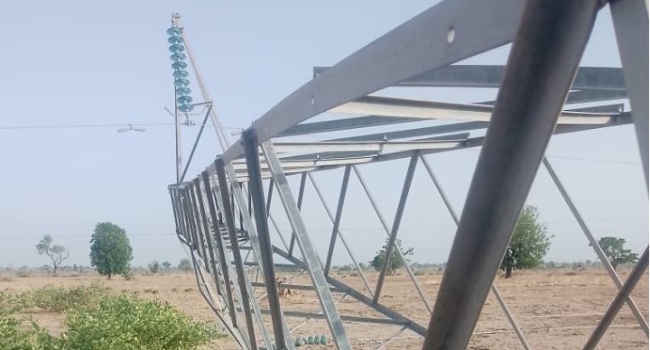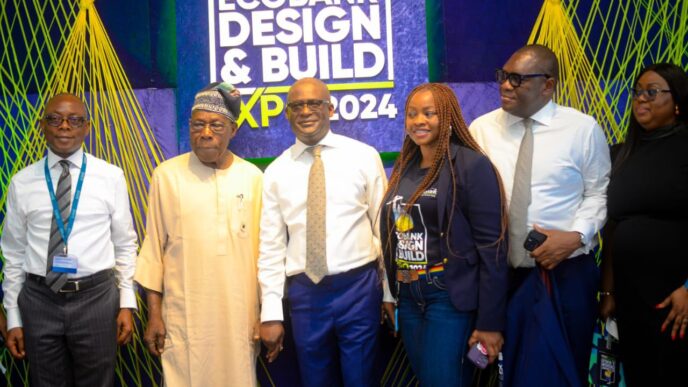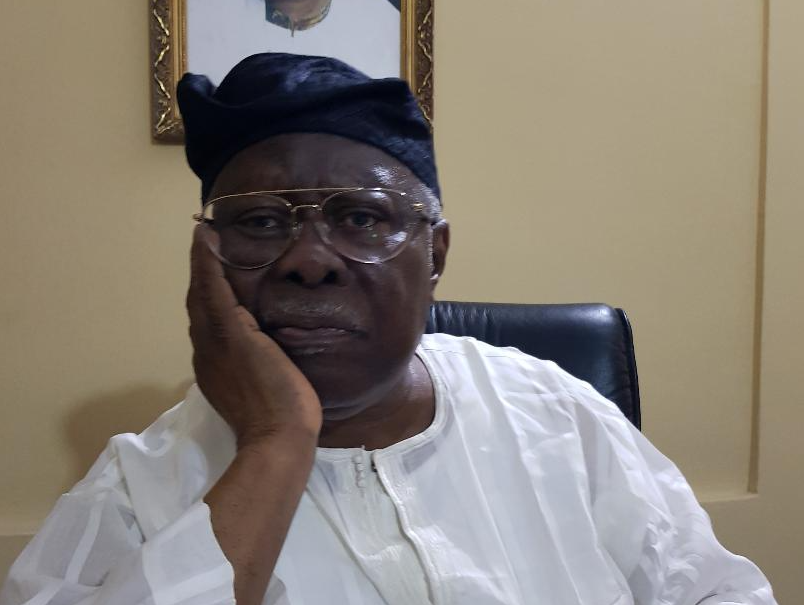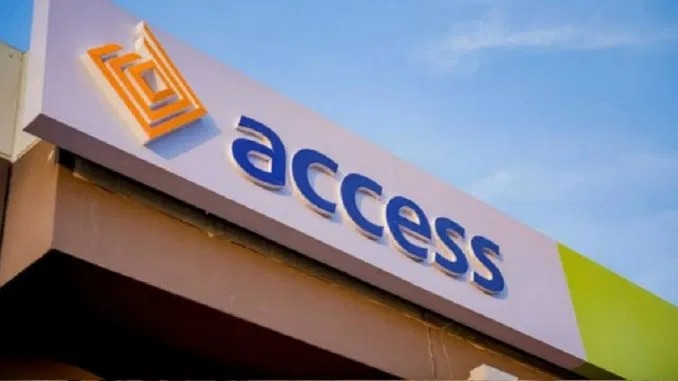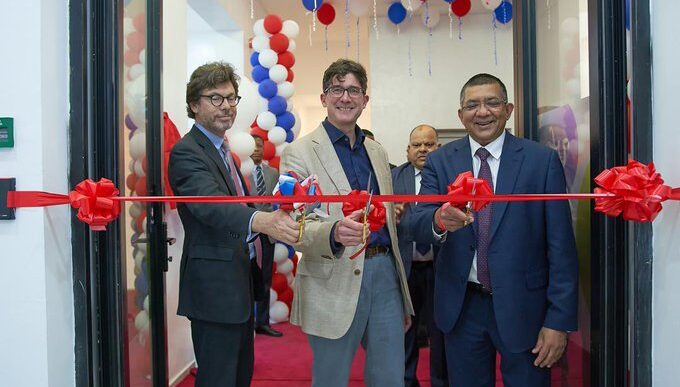The Transmission Company of Nigeria (TCN) says it has spent over N8.8 billion in 11 months to repair transmission towers vandalised across the country.
According to a statement on Wednesday, Sule Abdulaziz, chief executive officer (CEO) of the TCN, spoke at the quarterly power sector working group meeting in Abuja.
Abdulaziz was represented by Olugbenga Ajiboye, the executive director of transmission service provider (TSO) at TCN.
He said from January 13 to date, 128 transmission towers have been destroyed — either by vandals or bandits — across the country.
Advertisement
The TCN CEO lamented that when the vandals were apprehended and handed over to police for prosecution, they were bailed and they would return and continue with the vandalism.
“Till date, we have spent about N8.8 billion, by our estimation, to put them back to full and functional use,” Abdulaziz said.
“It is so sad that each time the vandals were caught and taken to police for prosecution, police would incident them for theft, instead of vandalism and they will be bailed.
Advertisement
“If they are charged for vandalism, they cannot be bailed, but this is where we are. So many of them have been arrested, but each time they will be bailed because police often incident their cases as that of theft.
“When the Shiroro-Mando-Kaduna towers were destroyed, we had to get the full military escorts for our contractors to get the transmission lines and towers restored and in some cases, they would tell us that we could only work for two hours in some days.
“In some instances, they would even tell us that it was not safe to move there. How do we get out of this? How can we deliver electricity to Nigerians under these terrible circumstances?
“These are part of the challenges we are facing in the power sector.”
Advertisement
’50 MILLION NIGERIANS TO HAVE ELECTRICITY BY 2030′
Responding to the challenges in the sector, Adebayo Adelabu, minister of power, said the federal government is collaborating with the World Bank and the African Development Bank (AfDB) to make electricity available to 50 million Nigerians by the year 2030.
Adelabu, who was represented by Adedayo Olowoniyi, chief technical adviser, said the power ministry is collaborating with its finance counterpart “to get this process achieved”.
“Mission 300 is being driven by the World Bank and the African Development Bank and it is a project that will provide electricity to 300 million Africans. Nigeria will benefit 50 million from this,” Adelabu said.
Advertisement
“Nigeria has a large population that is without electricity and this is a great opportunity for us to be part of this process.
“The Compact document will be signed by our President, Asiwaju Bola Ahmed Tinubu, in Tanzania in January, 2025.
Advertisement
“We worked extensively with World Bank, the AfDB and the Ministry of Finance to develop the document with all the countries that will be participating in it.
“The most important thing is that we have to drive the process by ourselves through the private and public sector participation. We will do it through the solar form system, mini and micro grid, grid extension and connection.”
Advertisement
“The reality is that it is not actually feasible, based on the resources we have, to extend the grid to all Nigerians, one, from the funding point of view.
“Secondly, it may not be commercially viable to begin to talk of grid extension to those parts that are not viable, but that does not mean that we should not deliver electricity to them, which is their right and as part of the dividends of democracy.”
Advertisement
Adedablu the federal government would start with the home solar system in areas where the grid may not work.
Add a comment
